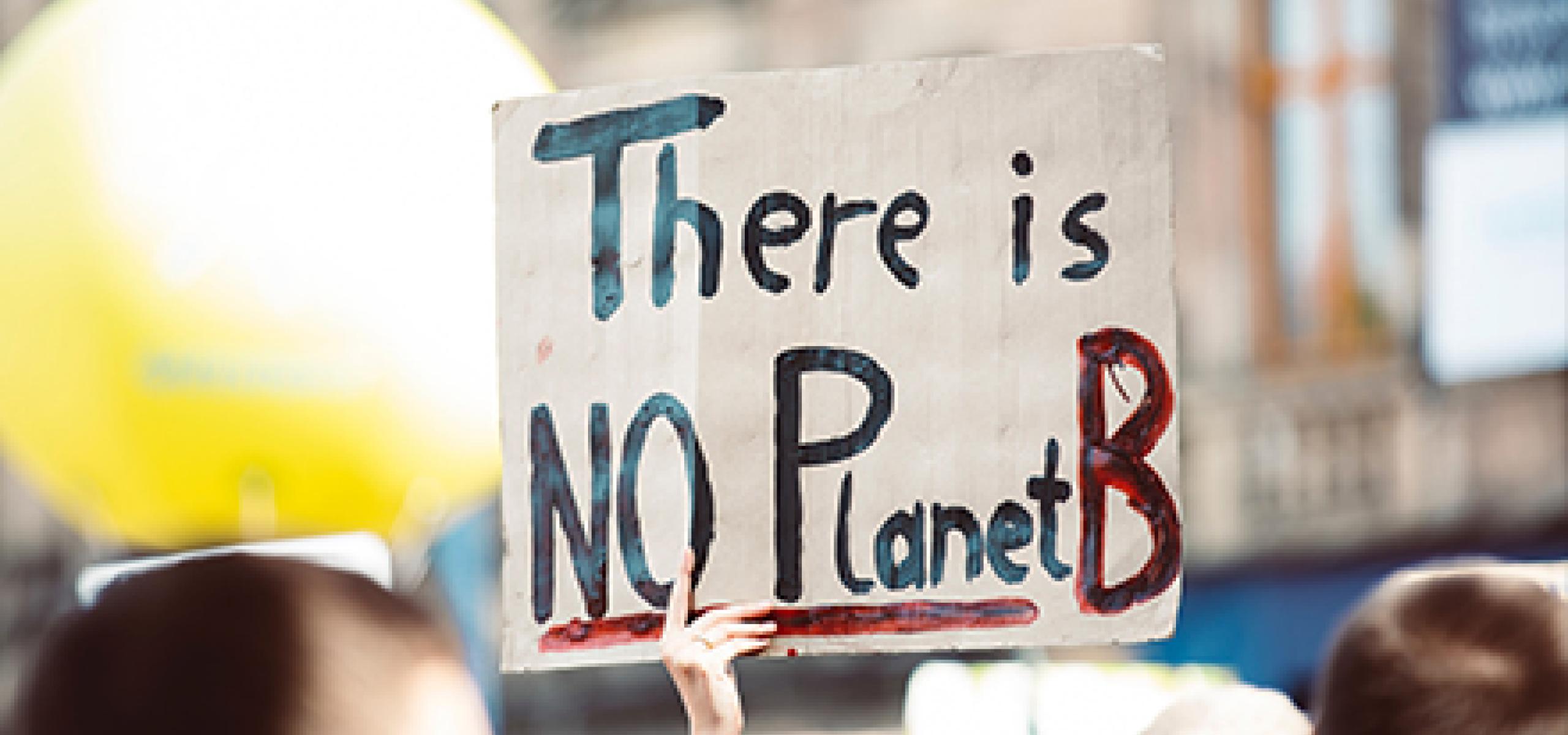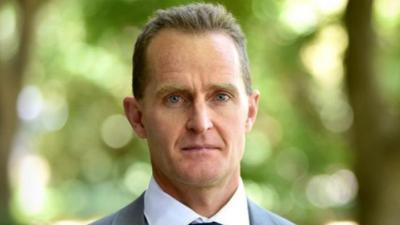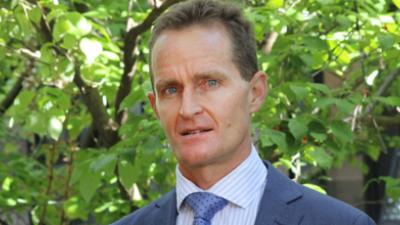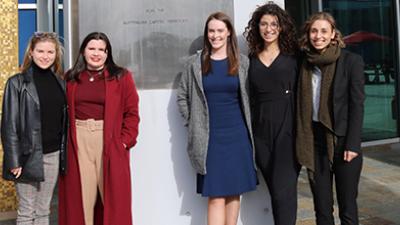
GreenLaw aims to involve more young people in environmental law reform to build on gains made by the global climate justice movement. Photo: Markus Spiske/Pexels
GreenLaw is an opportunity for young people to have a say in the transformative law reform that Australia needs to tackle the climate crisis.
Today is World Environment Day, which offers the opportunity to reflect on our planet and our place in it. To mark this important day, we’re proud to introduce one of the newest projects in The Australian National University (ANU) Law Reform and Social Justice (LRSJ) program that combines law and environmental advocacy.
ANU Bachelor of International Security Studies/Laws (Hons) student Annika Reynolds is the founder of GreenLaw. In this Q&A, she discusses her ambitions for the project and how it aims to make a real-world difference.
What is GreenLaw and what inspired you to establish it?
GreenLaw, under the LRSJ program at the ANU College of Law, is a young-person led organisation empowering the next generation of lawyers. Through legal research tasks, GreenLaw aims to empower environmentally conscious organisations to engage effectively with legal institutions. We work with ANU students and academics to refine the legal research and advocacy skills of our students. Climate justice intersects with all areas of the law, and our projects reflect that diversity, allowing students with a range of interests to engage and develop their skills.
I was inspired to establish GreenLaw because I was heavily involved in environmental advocacy but saw minimal engagement with legal institutions. The climate justice movement is vibrant and powerful, but there are limited avenues for young people to be involved in environmental law reform. Thus, I founded GreenLaw in 2019 to address these gaps and provide a platform for young lawyers and activists.
What are some of the current projects GreenLaw is involved in and who are the academics involved?
GreenLaw currently has two active projects. In collaboration with Associate Professor Anthony Hopkins and other legal organisations, we are developing protester kits to aid the work of environmental protesters in the ACT, to ensure protesters know their rights as they advocate for our environment.
We are also working with Associate Professor Ron Levy and Farmers for Climate Action to prepare a background report on the division of powers over land management between the Commonwealth and States to inform a law reform strategy to implement a National Sustainable Agricultural Plan.
We recently submitted an empirical review to the EPBC (Environment Protection and Biodiversity Conservation Act 1999 (Cth)) Independent Review, with the strategic guidance of Dr Peter Burnett and Associate Professor Vivien Holmes. Our research is also pending publication in the Environment and Planning Law Journal.
ANU Bachelor of International Security Studies/Laws (Hons) student Annika Reynolds is the founder of GreenLaw.
What does the theme of this year’s World Environment Day, ‘biodiversity’, mean to you? What legal reforms would you like to see Australia adopt to better protect the environment?
Biodiversity is about ecological balance. It’s about the ongoing viability of Australian ecosystems, plants, animals and microorganisms. But it is also about how humanity fits into those ecosystems, whether the demands we place on our ecosystems are sustainable, and whether we acknowledge that humanity is intrinsically connected to our natural world rather than separate from it.
I think this understanding of biodiversity is not embedded in our current legal system. As our EPBC Review Team has found, biodiversity is assessed on a species-specific basis, with the aims of establishing an economic value for the environmental loss from a development project. In essence, our current system seeks merely to ensure damage is paid for rather than prevented.
I think a critical area of law reform is in the biodiversity space. We need to move away from placing an economic value on individual species and look to preserving the integrity of Australian ecosystems. Under the EPBC Act, this would involve reforming the current individualised environmental impact process to establishing a national strategy for biodiversity with measurable goals for the conservation of key ecosystems. But more broadly, we need to reflect on what biodiversity means and how to reform our social structures to be better integrated with our natural world.
What is your long-term vision for GreenLaw?
GreenLaw is an opportunity for young people to have a say in the transformative law reform that Australia needs to tackle the climate crisis, and to ensure Australia has a sustainable and equitable future. I hope that GreenLaw will empower young people and have a meaningfully impact on the way NGOs and other environmental stakeholders engage with the law. But most importantly, I envisage GreenLaw as a vehicle for major law reform - it is evident that tinkering with the edges of our legal system will not be enough to overcome the climate crisis. Instead we must strive for significant change.
Interested in getting involved with GreenLaw? Email green_law@outlook.com



